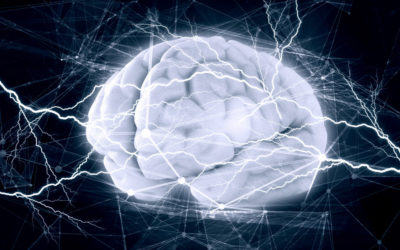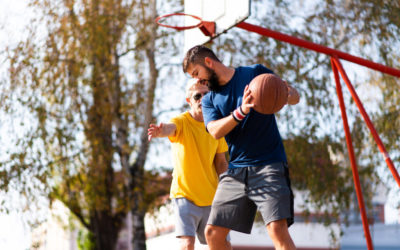Quick Hits
Daily brief research updates from the cognitive sciences

Wouldn’t it be great in the current world if we could inoculate people against misinformation. Sigh! But that will never happen. Wait, you say, it can happen, it is possible, it works! Oh, please tell me more!
Yes, very good news on the misinformation wars.
So, what is this inoculation and how does it work?
Teams of scientists from the University of Cambridge and Bristol behind the Inoculation Science project collaborated with Jigsaw a unit within Google dedicated to tackling threats to open societies.
After conducting seven different experiments with 30’000 participants, they found that viewing a single clip increases awareness of misinformation. The videos introduce concepts from the “misinformation playbook” and includes relatable examples from popular film and TV.
This information is effective for all populations groups and political groupings – simply because most people don’t want to be manipulated. Rather than state opinions the videos are neutral just showing the tricks that are used to manipulate people and this is why they are so effective.
So how can this be spread to the world at large. Well, easily, through YouTube with over 2 billion users worldwide. Google owns YouTube and plans to start a roll out a wave of prebunking programmes in Poland, Slovakia, and the Czech republic targeted at emerging disinformation on Ukrainian refugees.
However, the effect is consistent and large compared to other effects such as brand awareness after advertising, but it is only a 5% increase – nothing to be sniffed at but still a long way to go.
Nevertheless, good news, and I hope they get this rolled out in other areas soon. The world needs more prebunking!

Andy Habermacher
Andy is author of leading brains Review, Neuroleadership, and multiple other books. He has been intensively involved in writing and research into neuroleadership and is considered one of Europe’s leading experts. He is also a well-known public speaker, speaking on the brain and human behaviour.
Andy is also a masters athlete (middle distance running) and competes regularly at international competitions (and holds a few national records in his age category).
Reference
Jon Roozenbeek, Sander van der Linden, Beth Goldberg, Steve Rathje, Stephan Lewandowsky.
Psychological inoculation improves resilience against misinformation on social media.
Science Advances, 2022; 8 (34)
DOI: 10.1126/sciadv.abo6254
More Quick Hits
Yes, Fake Smiling Does Improve Your Mood
Can just smiling, even if fake, improve your mood? This has been proven, debunked, re-proven and now re-re-proven…
How Your Brain Decides to Help Others in Danger
In times of crises and danger we may hide and flee as our natural instincts would guide us, or do something else: put ourselves at danger and help others.
Two Types of Willpower
There are two types of will power – and one is much more effective…
Our Brains Seem to Use Quantum Computations
It has been proposed that our brain uses quantum processes but this is hard to prove – until now that is…
Insults Trigger the Equivalent of a Slap to the Face in the Brain
What do insults do to our brain wave patterns, do they degrade over time and how do they compare to compliments?
Even a Short Bout of Exercise Can Boost Brain Growth
Exercise is good for you – we all know that. But can just a single bout of exercise do you and your brain any good?






